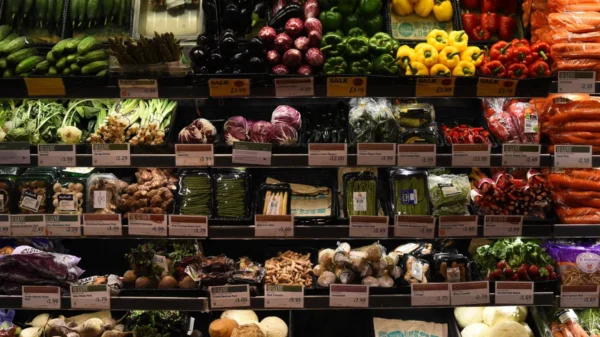Soy and almond “juice?”
Many coffee shops, grocery stores, and other sellers label non-dairy products like soy and almond milk as just that – milk. Now, the US Food and Drug Administration may be changing the labels on these products.
According to the FDA, milk is “the lacteal secretion, practically free from colostrum, obtained by the complete milking of one or more healthy cows.” Clearly, soy, coconut, and almond milk do not meet that criteria, meaning it has been mislabeled for years. The FDA strives to properly label goods so that consumers know exactly what they’re purchasing and consuming.
The topic has a massive grey area because of the hazy definition. Although the FDA’s definition cites cows as part of the criteria, “milk” does not have to exclusively be from cows – it can be from goats or others. In fact, milk can also come from nuts, according to the administration. However, it cannot be produced from vegetables or plants and should be labeled as such.
The main difference between non-dairy milk and cow’s milk is that the former provides significantly less protein than cow’s milk. Producers on both sides feel strongly about their respective products – non-dairy producers think their products are labeled accurately and do not need change, whereas traditional dairy producers believe consumers are being misled.
Further, it’s unclear whether or not this relabeling would hurt sales on the non-dairy side. Consumers have certainly gotten used to seeing labels like “almond milk” and “soy milk,” and if these change, they may be confused and stray away from the products until they receive more information.




































Comment Template